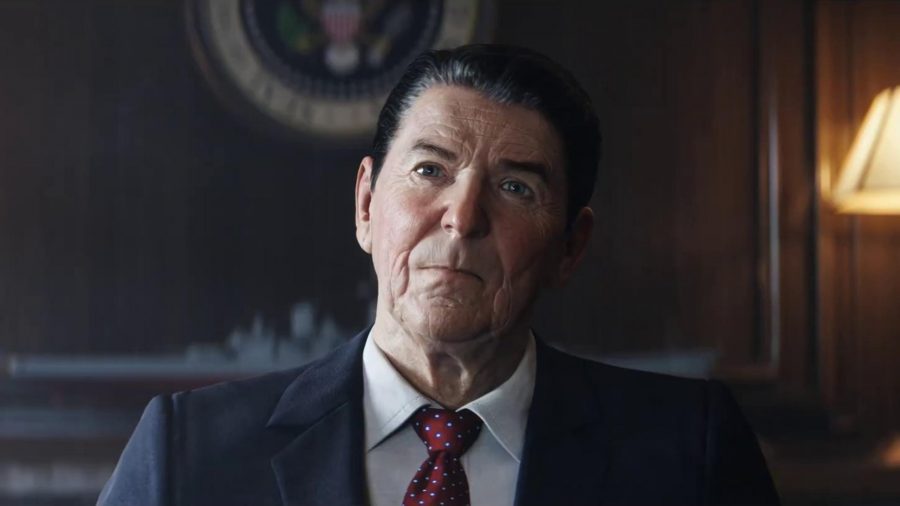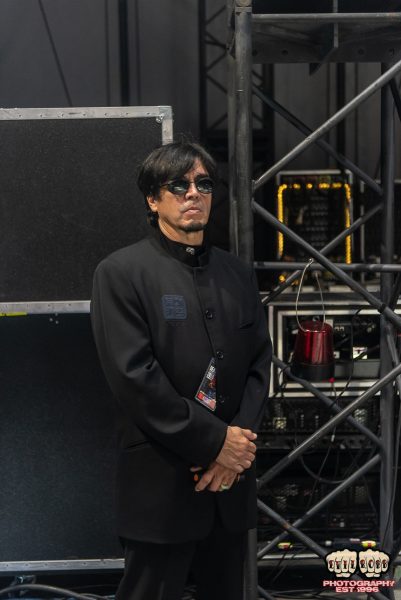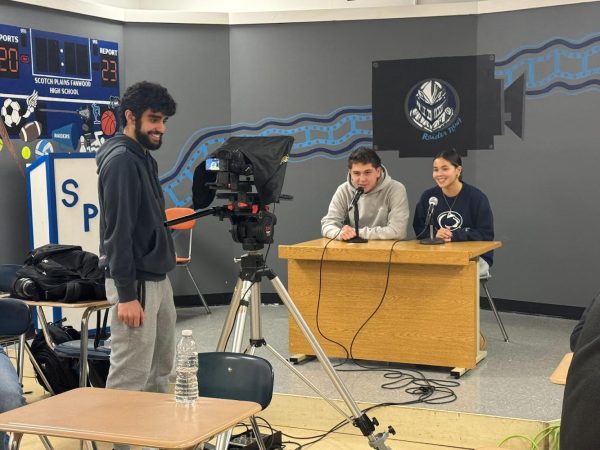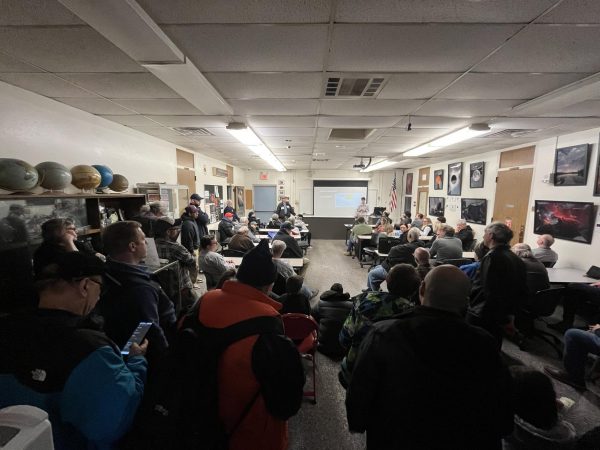New Call of Duty trailer raises ethical questions concerning the portrayal of history in video games
October 26, 2020
For the past few months, the Call of Duty franchise, led by video game publisher Activision and its subsidiary video game developer Treyarch, has released multiple teasers and official trailers for its upcoming installment to the series: Call of Duty: Black Ops Cold War; fans are excited as the release date of Nov. 13 gets closer.
However, a trailer that was released on the official Call of Duty YouTube channel caused some controversy. The trailer showcased a scene from the game where former President Reagan greenlights a playable mission that would likely violate both domestic and international law. After the release of this trailer, parts of the gaming community expressed concern regarding a potential ethics violation in the game, questioning whether the player would have to carry out morally questionable orders in the missions.
Call of Duty has a history with controversial missions, the most notable example being the mission “No Russian” in Call of Duty: Modern Warfare 2, which had the player, an undercover CIA operative, carry out a mass shooting alongside an infamous Russian terrorist. This mission sparked controversy back in 2009, leading to the mission being banned in many countries.
“The kids who play these games grow up to become the leaders of our country,” senior Ezri Abraham said. “It is important that our leaders understand the importance of the Geneva convention. The US has made many mistakes in its past and it is important not to glorify them.”
Abraham raises an important point regarding the portrayal of war in video games and the impact it has on younger generations. The social responsibility that video game companies, along with other parts of the entertainment industry, is immensely important as their products can potentially desensitize kids to what are otherwise horrific crimes and violence.
But there also remains a very valid concern with a move to censor video game stories. Many critics argue that the explicit brutalities of war portrayed in video games have a hidden lesson in them. By playing through these missions, players are exposed to the harsh realities of war and military history that would otherwise be missing in a “polished” version of the game.
“Sanitizing video games of such acts is not realistic,” senior Ryan Duthie said. “Violations have occurred on real battlefields and can therefore be included in video games….players [need] to learn from rewards and punishments incorporated into the game, about what is acceptable and what is prohibited in war”.
“While the implications of Black Ops Cold War trailer are uncomfortable, they are accurate,” Duthie said.
Ultimately, video game developers are tasked with finding the right balance in their story-telling. Upholding ethics is a societal effort and concerns the future of civilized society, but history and current events are inevitably entangled with military games, and telling a more organic story can make a more educational experience for players.












